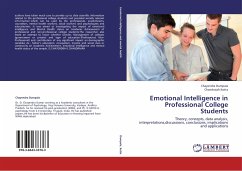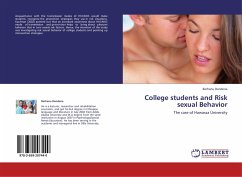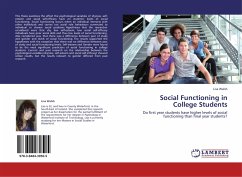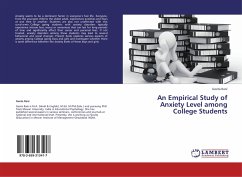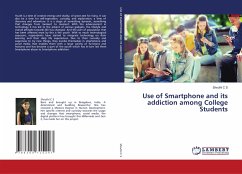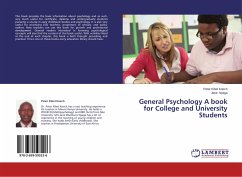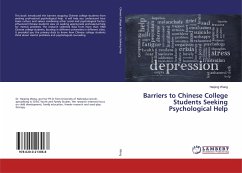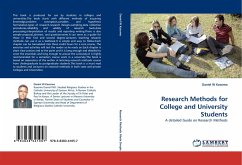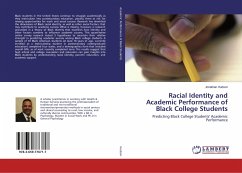
Racial Identity and Academic Performance of Black College Students
Predicting Black College Students' Academic Performance
Versandkostenfrei!
Versandfertig in 6-10 Tagen
47,99 €
inkl. MwSt.

PAYBACK Punkte
24 °P sammeln!
Black students in the United States continue to struggle academically as they matriculate into postsecondary education, placing them at risk for missing opportunities for work and social success. Research has identified the dimensions of Black racial identity, as well as other social factors, that may contribute to academic success. What is missing, however, is research grounded in a theory of Black identity that examines how identity and other factors combine to influence academic success. This quantitative online survey research tested 5 hypotheses to ascertain their relative strength in pre...
Black students in the United States continue to struggle academically as they matriculate into postsecondary education, placing them at risk for missing opportunities for work and social success. Research has identified the dimensions of Black racial identity, as well as other social factors, that may contribute to academic success. What is missing, however, is research grounded in a theory of Black identity that examines how identity and other factors combine to influence academic success. This quantitative online survey research tested 5 hypotheses to ascertain their relative strength in predicting academic success among Black college students. A sample of 87 Black American students (at least 18 years of age, currently enrolled as a matriculating student in postsecondary undergraduate education) completed four scales, and a demographics form that included overall GPA, as of most recently completed term. The results suggest that high school and college counselors and educators can gain insights into Black students by understanding racial identity, parents' education, and academic support.



